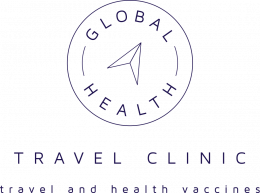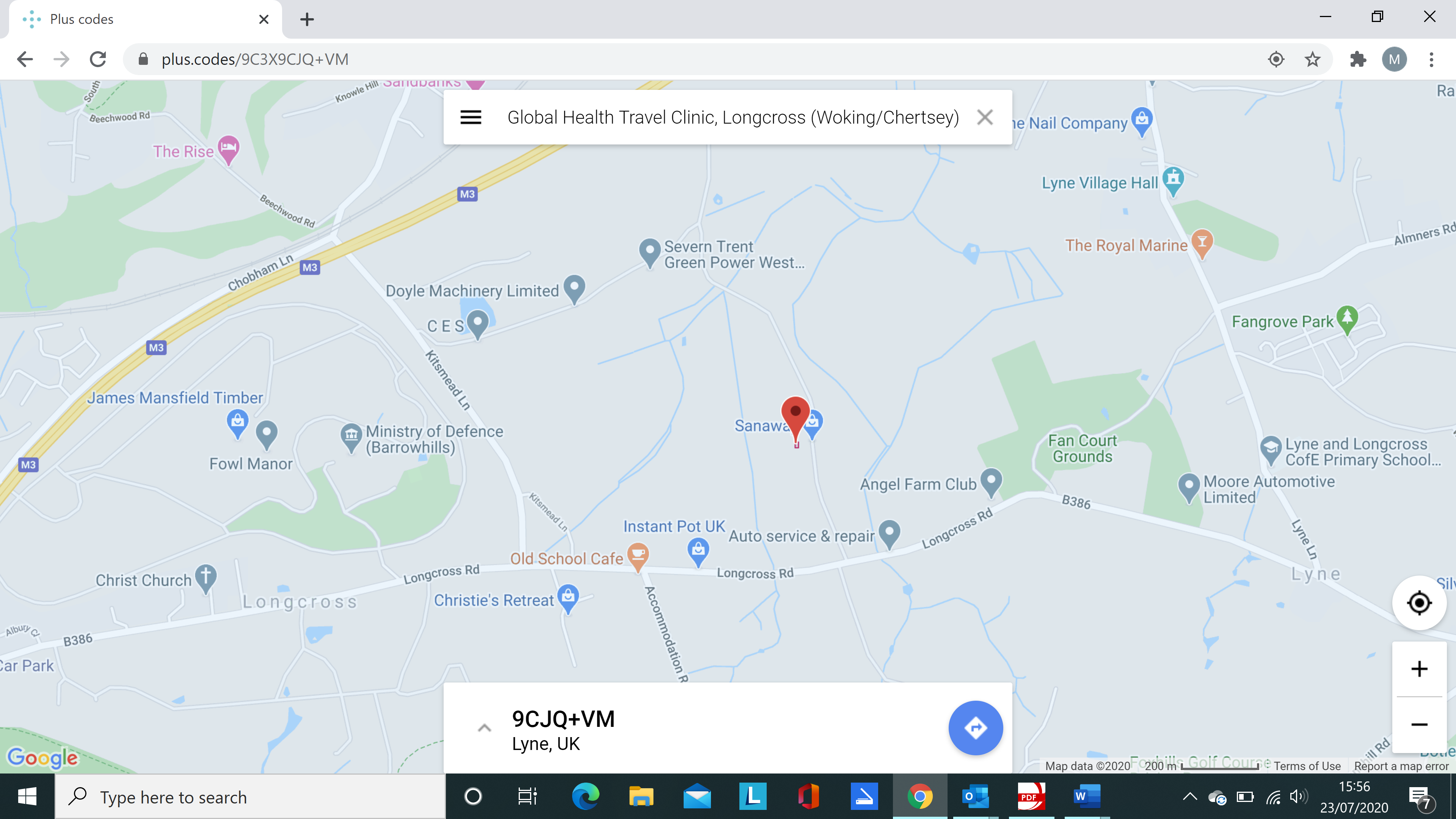The outbreak of COVID-19 continues to evolve. The Foreign and Commonwealth Office (FCO) has updated its global advisory against ‘all but essential’ travel and from 4 July 2020 some destinations have been assessed as no longer presenting an unacceptably high risk to British nationals travelling abroad.Travellers should continue to monitor the GOV.UK travel advice and check the UK FCO website for country specific information regularly, as the information may change.
All but especially those who may be at greater risk of severe illness, and who fall into the clinically vulnerable group due to their age or medical condition, should take particular care with social distancing and hand hygiene. Current evidence also shows that there is a higher risk of infection and of severe disease in Black, Asian and Minority Ethnic (BAME) groups in the UK.
Be aware of, and keep up to date with the latest official advice offered by the country you are departing from or travelling to during this outbreak. The pandemic has led to unprecedented international border closures and other restrictions. All countries may impose travel restrictions without notice. If you are travelling from the UK, check your destination is on the current list of countries/areas assessed as no longer presenting an unacceptably high risk. Also check the Foreign and Commonwealth Office (FCO) foreign travel advice. All countries have been classified as high, moderate or low risk of exposure to COVID-19 based on currently available information assessed by Public Health England and the National Travel Health Network and Centre.
Check the impact COVID-19 may have on your travel insurance coverage, including medical repatriation costs in case of ill health or any new restrictions on travel. Be aware that your travel insurance may be compromised if you extend your trip abroad or if you have travelled abroad against UK Government advice.
Face coverings are now required when travelling on public transport in England and may be required in other countries. Face coverings do not replace social distancing and hygiene measures; you still need to take all the other recommended precautions. Some countries may require proof of recent COVID-19 testing for entry. A number of commercial COVID-19 tests are available. Testing for international travel purposes is only available as a private service with private providers such as Global health travel Clinics.
The air quality on board aircraft is carefully controlled, changed very frequently and passed through filters efficient at removing viruses; research has shown that there is little risk of any communicable disease being transmitted on board an aircraft. However, if you are planning air travel, the following advice should be considered:
Ask your airline about physical distancing and other measures in place to reduce or limit physical contact with potentially infected passengers aboard the aircraft. To reduce the risk of passing on infection, you should not travel on an aircraft if you are unwell. Exit screening may be implemented and you may be denied boarding if you have symptoms of COVID-19.
You should continue to take good hygiene measures (see below) and use the designated toilet for your area of the aircraft, washing your hands before you leave the toilet.
Avoid moving from your seat unnecessarily but do continue to exercise your legs (flex and extend the ankles) as much as possible to encourage blood flow from the lower legs. If you are unwell on the flight, please stay in your seat and follow any instructions provided during the flight, contacting the air crew as soon as possible.
General advice for preventing the spread of respiratory viruses:
Wash your hands often with soap and running water for at least 20 seconds. Use an alcohol-based hand sanitiser that contains at least 60% alcohol if soap and water are not available. This is particularly important after taking public transport or being in a public space.
Avoid touching your eyes, nose, and mouth with unwashed hands.Avoid close contact with people who are sick.
If you are unwell with any of the following: a high temperature, new continuous cough or a loss of, or change in, your normal sense of taste or smell (anosmia), you should self-isolate and arrange to have a test following the Public Health England stay at home guidance.
If you develop symptoms of new continuous cough, high temperature or a loss of, or change in, your normal sense of taste or smell (anosmia) while abroad or during travel, you should immediately:
- Stay indoors and avoid contact with other people, as you would with the flu.
- Call your health provider and/or insurance company to discuss what you should do.
- Follow local public health guidance if available.
- If you become unwell at an airport, bus or train station before or during a long trip, seek medical advice and do not start or continue your journey.
- Once you have fully recovered, check with your health provider if you are fit to travel, before any onward travel.
- All travellers arriving back in the UK must read the guidance on entering the UK from GOV.UK.
The above is an extract from https://travelhealthpro.org.uk/news/499/covid-19-coronavirus-general-advice-for-travellers
For more information visit this site or
https://www.gov.uk/government/organisations/foreign-commonwealth-office

